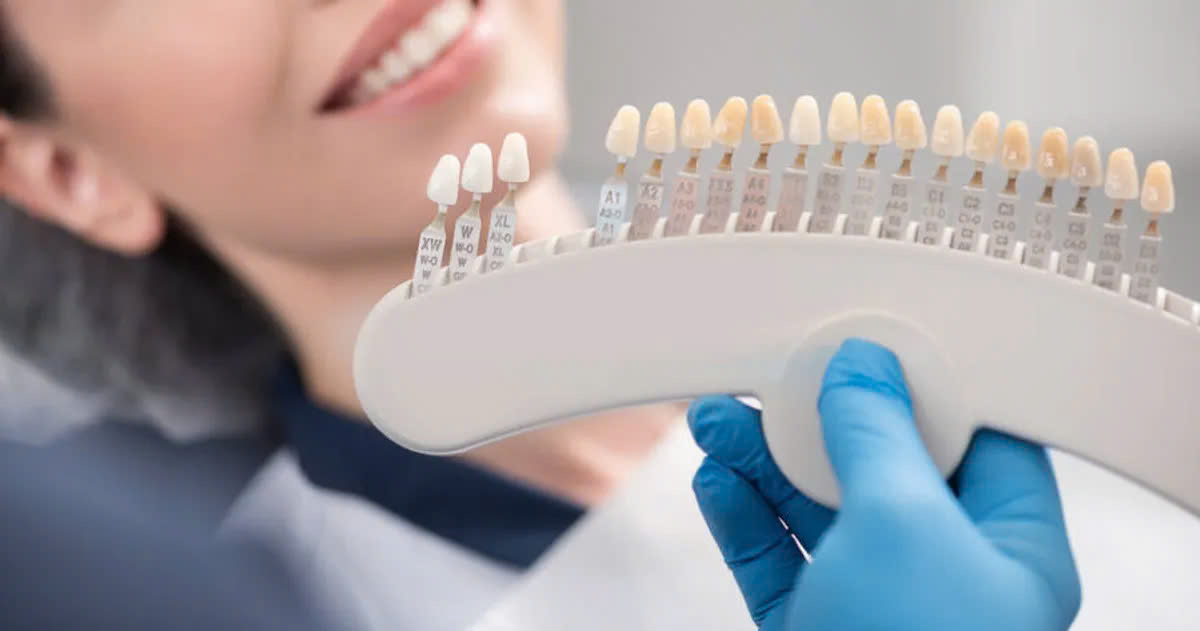How Clinical Trials Innovate Dental Implant Care
In the rapidly evolving field of dentistry, clinical trials stand at the forefront of innovation, significantly enhancing patient care and outcomes in dental implant procedures. This article explores the intriguing relationship between clinical trials and the evolution of dental implants, illuminating how research fuels advancements that benefit practitioners and patients alike.
The Role of Clinical Trials in Dentistry
Clinical trials serve as the litmus test for new techniques, materials, and technologies within the dental field. By rigorously evaluating various treatment methodologies, these trials ensure that only the most effective solutions reach patients. With the growing complexity of dental implant procedures, the insights gained from clinical studies pave the way for safer, more efficient practices. Key features of these trials include:
- Limitations Removed: Trials often identify and mitigate risks associated with new materials and surgical techniques.
- Evidence-Based Practices: Findings from trials help clinicians adopt evidence-based methods that improve success rates.
- Patient-Centric Innovations: Feedback from patients involved in trials leads to enhancements that prioritize comfort and recovery.
Innovative Technologies Reshaping Implant Dentistry
Recent clinical trials have introduced groundbreaking technologies that refine dental implant procedures. From digital imaging to 3D printing, innovation is transforming how dentists approach placements and restorations. Significant advancements stemming from clinical research include:
- Advanced Materials: Studies exploring biocompatible materials enhance the durability and success of implants.
- Robotic-Assisted Surgery: Clinical trials investigate the benefits of automation in guiding precision during implant procedures.
- Regenerative Techniques: Research into stem cell applications promises to elevate bone integration and healing times.
Patient Benefits: A Comprehensive Approach
The impact of clinical trials extends beyond innovation; they bring tangible benefits to patients. With each new study, there is potential for enhanced outcomes, reduced recovery times, and improved aesthetics. Understanding these benefits helps patients appreciate the significance of clinical research in their treatment journey:
- Shorter Recovery: Innovations lead to minimally invasive techniques that lessen post-operative discomfort.
- Higher Success Rates: Evidence-backed methods mean better predictability in implant longevity and performance.
- Tailored Treatments: Patients can receive personalized care based on trial outcomes that address specific needs and conditions.
The Future of Dental Implant Procedures
As the landscape of dental care continues to evolve, the future looks promising for dental implant procedures influenced by ongoing clinical trials. The integration of cutting-edge findings into practice equips dental professionals with the tools they need to provide superior care. By linking clinical findings directly to patient experiences, we foster a cycle of continuous improvement that defines modern dentistry. With the knowledge harvested from clinical trials, dental practices are not just evolving; they are revolutionizing the way we approach oral health altogether.

